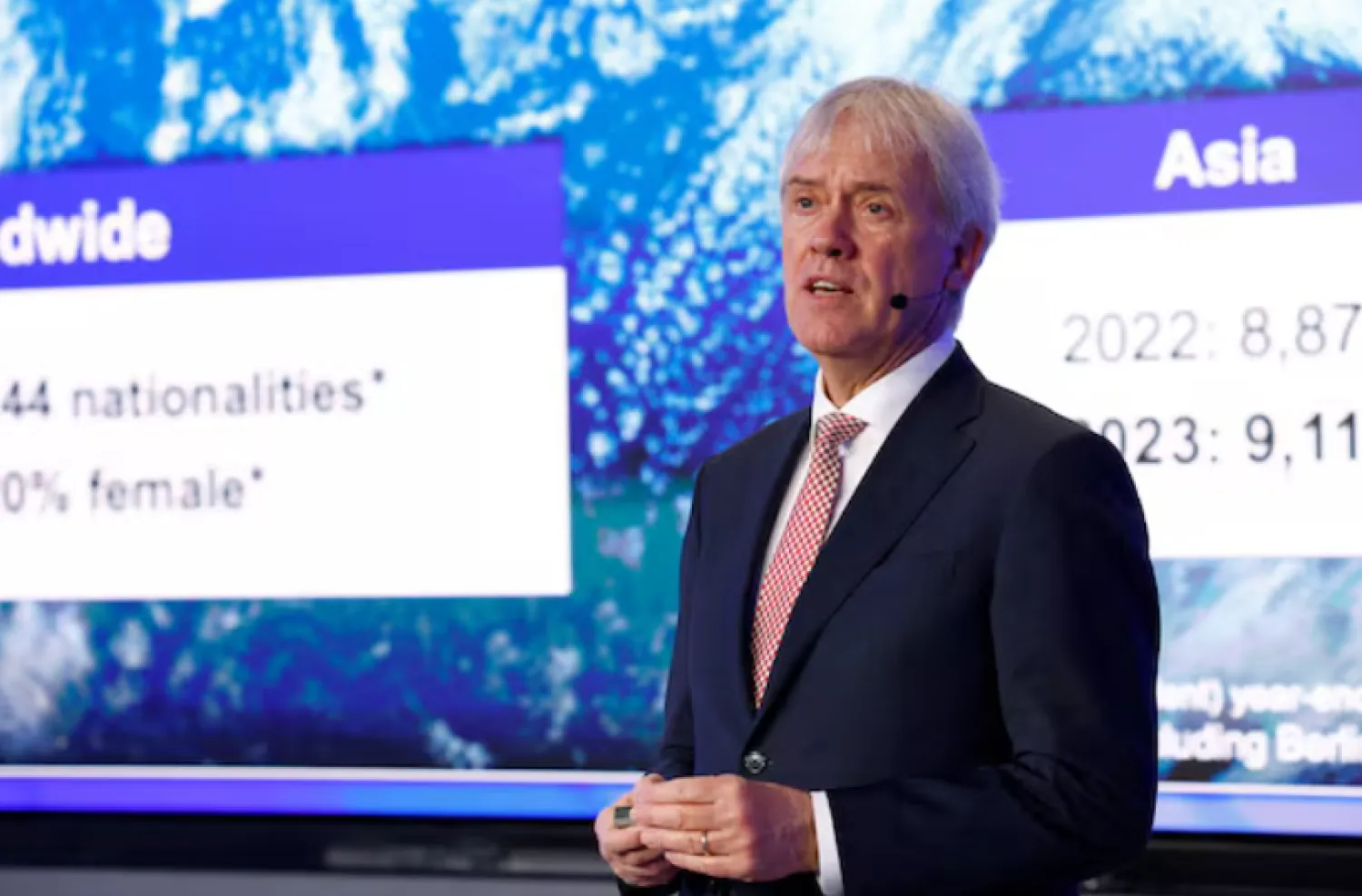Instagram chief Adam Mosseri is to be called to testify Wednesday in a Los Angeles courtroom by lawyers out to prove social media is dangerously addictive by design to young, vulnerable minds.
YouTube and Meta -- the parent company of Instagram and Facebook -- are defendants in a blockbuster trial that could set a legal precedent regarding whether social media giants deliberately designed their platforms to be addictive to children.
Rival lawyers made opening remarks to jurors this week, with an attorney for YouTube insisting that the Google-owned video platform was neither intentionally addictive nor technically social media.
"It's not social media addiction when it's not social media and it's not addiction," YouTube lawyer Luis Li told the 12 jurors during his opening remarks.
The civil trial in California state court centers on allegations that a 20-year-old woman, identified as Kaley G.M., suffered severe mental harm after becoming addicted to social media as a child.
She started using YouTube at six and joined Instagram at 11, before moving on to Snapchat and TikTok two or three years later.
The plaintiff "is not addicted to YouTube. You can listen to her own words -- she said so, her doctor said so, her father said so," Li said, citing evidence he said would be detailed at trial.
Li's opening arguments followed remarks on Monday from lawyers for the plaintiffs and co-defendant Meta.
On Monday, the plaintiffs' attorney Mark Lanier told the jury YouTube and Meta both engineer addiction in young people's brains to gain users and profits.
"This case is about two of the richest corporations in history who have engineered addiction in children's brains," Lanier said.
"They don't only build apps; they build traps."
But Li told the six men and six women on the jury that he did not recognize the description of YouTube put forth by the other side and tried to draw a clear line between YouTube's widely popular video app and social media platforms like Instagram or TikTok.
YouTube is selling "the ability to watch something essentially for free on your computer, on your phone, on your iPad," Li insisted, comparing the service to Netflix or traditional TV.
Li said it was the quality of content that kept users coming back, citing internal company emails that he said showed executives rejecting a pursuit of internet virality in favor of educational and more socially useful content.
- 'Gateway drug' -
Stanford University School of Medicine professor Anna Lembke, the first witness called by the plaintiffs, testified that she views social media, broadly speaking, as a drug.
The part of the brain that acts as a brake when it comes to having another hit is not typically developed before a person is 25 years old, Lembke, the author of the book "Dopamine Nation," told jurors.
"Which is why teenagers will often take risks that they shouldn't and not appreciate future consequences," Lembke testified.
"And typically, the gateway drug is the most easily accessible drug," she said, describing Kaley's first use of YouTube at the age of six.
The case is being treated as a bellwether proceeding whose outcome could set the tone for a wave of similar litigation across the United States.
Social media firms face hundreds of lawsuits accusing them of leading young users to become addicted to content and suffer from depression, eating disorders, psychiatric hospitalization, and even suicide.
Lawyers for the plaintiffs are borrowing strategies used in the 1990s and 2000s against the tobacco industry, which faced a similar onslaught of lawsuits arguing that companies knowingly sold a harmful product.









